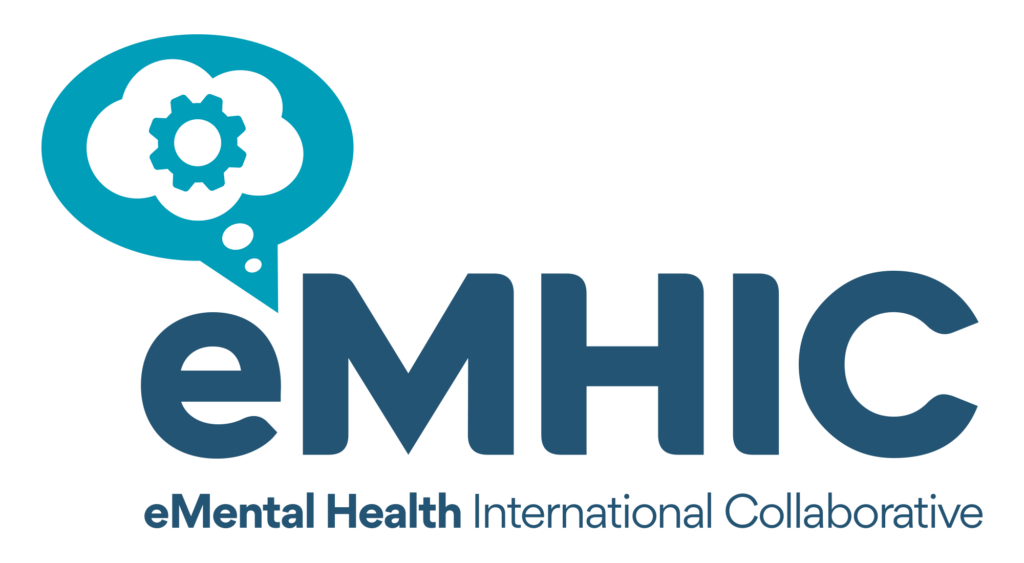In 2015 the Scottish Government first rolled out national access to a digital mental health product: the clinically evidenced, computerised Cognitive Behavioural Therapy program Beating the Blues.
We now offer free access to 33 online treatments for mental health. We host an accessible population-wide mental health website, Mind to Mind, which offers short videos of clinicians and people with lived experience of mental health challenges with advice and signposting to support services. There have been over 71,000 referrals to digital therapies in the last year. Our video conferencing system has also become one of the main ways in which people access mental health appointments.
How have we achieved this? The predominant factor for the increasing rate of growth has been the adoption of digital mental health into how we think about and deliver our mental health services. Digital services and digitally supported mental health are now an integral part of the new Mental Health and Wellbeing Strategy and Delivery Plan. While the programme originated from the Technology-enabled Citizen Program led by Digital policy, it was adopted and funded by Mental Health policy in 2020, leading to proliferation as we rolled out and promoted products while expanding the scope of the digital offer.
Our ambitions for digital mental health continue to grow alongside our greater understanding of what people need from digital resources. Underlying our approach to digital mental health are some key cross-government principles:
- The Scottish Approach to Service Design ensures that the people of Scotland are supported and empowered to actively participate in the definition, design and delivery of their public services (from policy making to live service improvement).
- To get the best use of our resources, the ‘Once for Scotland’ approach supports rolling out technological innovations across Scotland.
To develop sustainability in our products, we have created a Digital Mental Health Innovation Cluster with over 1020 members globally and across sectors to streamline the process of innovative digital mental health products into national delivery and integration with services. Our newly developed evaluative framework is also being tested to provide clarity and consistency in how we measure the impact and benefits of adding new products to the NHS Scotland digital mental health offer.
To address clinical concerns regarding the use of digital products for mental health, particularly around proof of efficacy and safeguarding, we have only procured digital therapies with clear clinical evidence of their effectiveness and have embedded clinical oversight into the Digital Mental Health Programme governance. Digital therapies and resources were recently incorporated in our national guidance for psychological therapies, including our Core Mental Health Standards, the Specification for Psychological Therapies and Interventions and the Psychological Therapies Matrix.
Part of the process has involved helping Ministers to see that that investment in a range of digital and non-digital options is prudent so individuals can seek support in whatever way works for them. Trustworthy digital resources are now a key tool in supporting prevention, early intervention, self-management and population-wide mental health. This is a result of concerted effort to ensure digital therapies are seen as a helpful addition to a range of mental health supports instead of a cost-saving exercise.
We are aware that many people still face digital exclusion or may prefer not to use technology. That’s why we continue to encourage a mix of in-person, telephone and video appointments where that is suitable for the person and their individual circumstances. Where clinically appropriate and available, everyone should have the choice of attending appointments in person or through a video or phone call.
The Scottish Government’s £2 million digital inclusion programme spans mental health and housing and supports projects to develop, test and implement a range of digital inclusion models: individually tailored support to help people to feel empowered, digitally confident and with an overall improvement in their wellbeing. This initiative supports the work of the Connecting Scotland and will run until Autumn 2024. The initial funding round focused on partner organisations supporting people to gain the device, connectivity, skills, confidence, and motivation.
The evaluation for the programme focuses on any improvements to mental health and wellbeing resulting from digital inclusion, whether that is being able to have regular calls with family, joining more community activities, being able to complete a passport application online, or being able to download knitting patterns. This underpins the wellbeing approach, by focusing on the experience of each individual rather than monitoring increased sign up to digital therapies or increased traffic to our mental health and wellbeing website, though these are also offered as options for support.
The coming year holds great promise for expanding and improving our programme. We are excited to explore the possibilities of eMHIC membership and to share learning with global partners.




